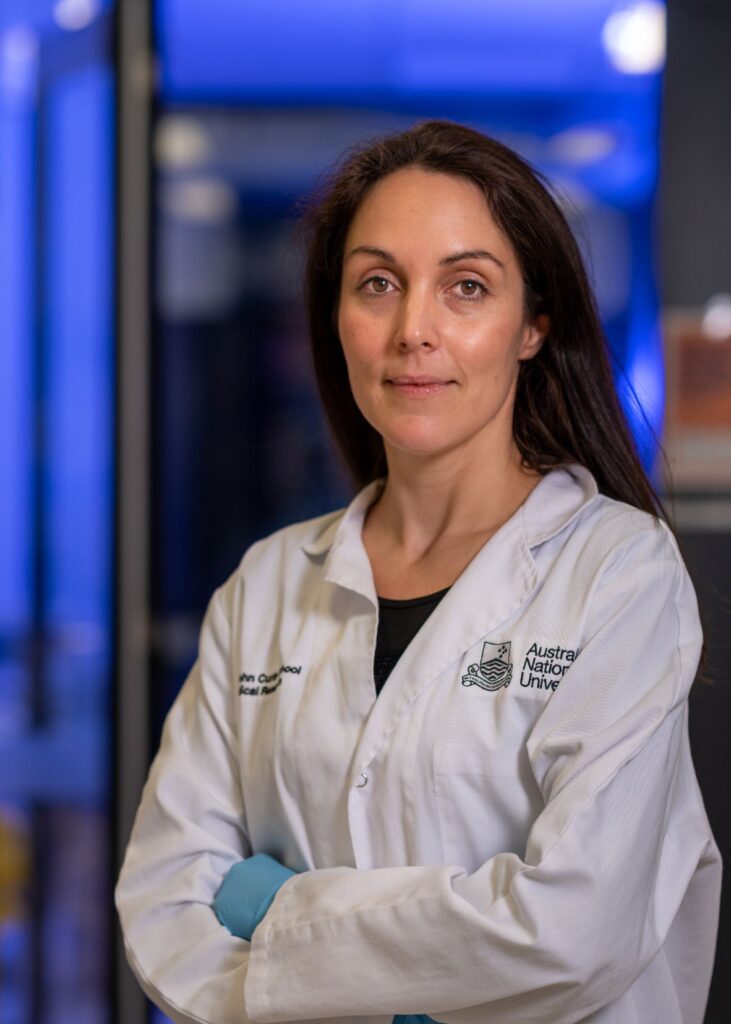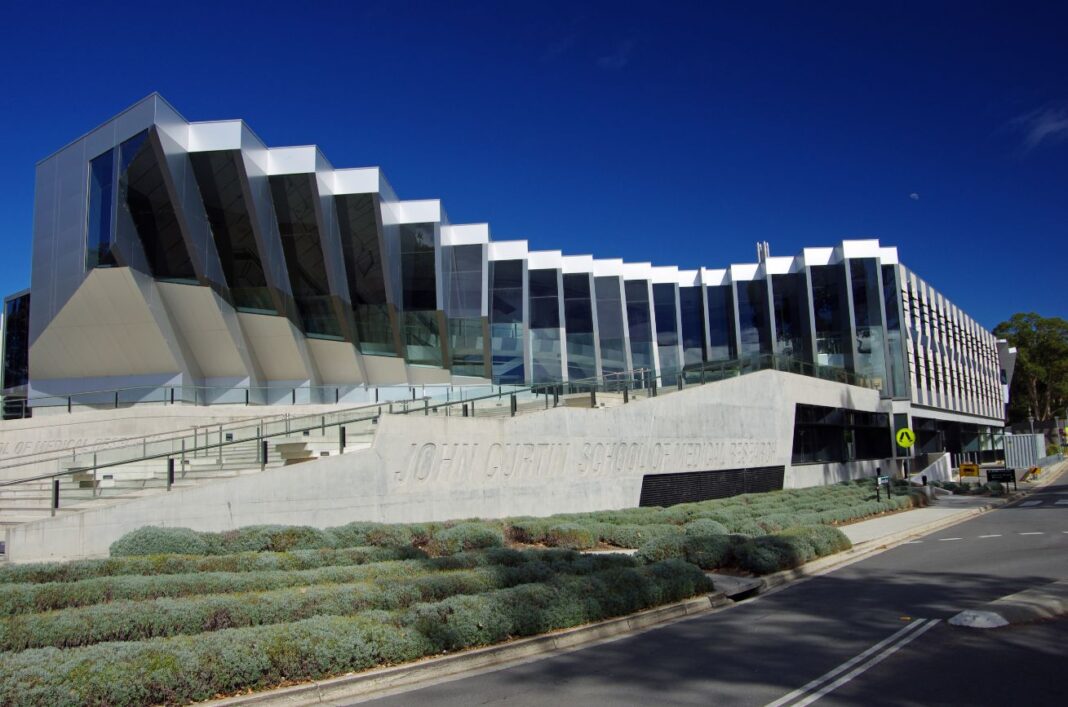The Australian National University (ANU) will be home to a large-scale cancer research program for the next eight years.
The fellowship, funded by Canberra’s own Snow Medical Research Foundation (Snow Medical), will provide $8 million from 2021 to bring Dr Marian Burr to the University.
Dr Burr is an early-career researcher, with a background in immunology and pathology, and has spent the past four years at Melbourne’s Peter MacCallum Cancer Centre.

She will continue her focus research on cancer immunotherapy, which uses the immune system to target cancer cells.
“In terms of this as a fellowship, this is incredibly unique and generous in terms of what has previously been offered in Australia,” she said.
“My research is focused around using the immune system to target cancer cells. The therapy worked very well for some patients and in certain cancers.
“What my research is trying to understand are the tumours that aren’t responding.”
The inaugural fellowship is one of three allocated by Snow Medical, with two other fellowships awarded nationally to focus research on heart disease and autoimmune diseases.
ANU Vice-Chancellor Professor Brian Schmidt thanked Snow Medical for investing in the important research.
“The Snow Fellowship has brought one of the world’s most promising early-career cancer researchers to ANU and Canberra – an outcome that would not only benefit Australia but the world,” he said.
“Cancer is a killer, and it has been a terrible killer for many years. But in Marian, cancer has a formidable enemy, and the work she will undertake as part of this research program will give hope to many both now and in the future.”
The research will focus on identifying ‘immune checkpoint inhibitors’, which activate T cells in the immune system to find and eliminate cancer.
Dr Burr said it was an exciting breakthrough for the disease.
“What is so exciting is the incredible potential immunotherapy has to wipe out cancer that has spread to different parts of the body. And for some cancers, that’s a complete game-changer.
“Using cutting-edge technologies, my team will build on our recent discoveries to enhance immune targeting of aggressive cancers—such as lung cancer, melanoma and leukaemia, and to better understand the mechanisms cancer cells use to hide or shield themselves from the immune system.
As an early-career researcher, Dr Burr said she was shocked to have secured the fellowship in what was a competitive application process.
“For me at this point it’s a huge boost. The most difficult point in people’s career in this field is shifting from a post doctorate fellow and then establishing a research team,” she said.
“It has been a problem for women in particular, so to have this type of security to bridging that gap and build my research team is really exciting.”



